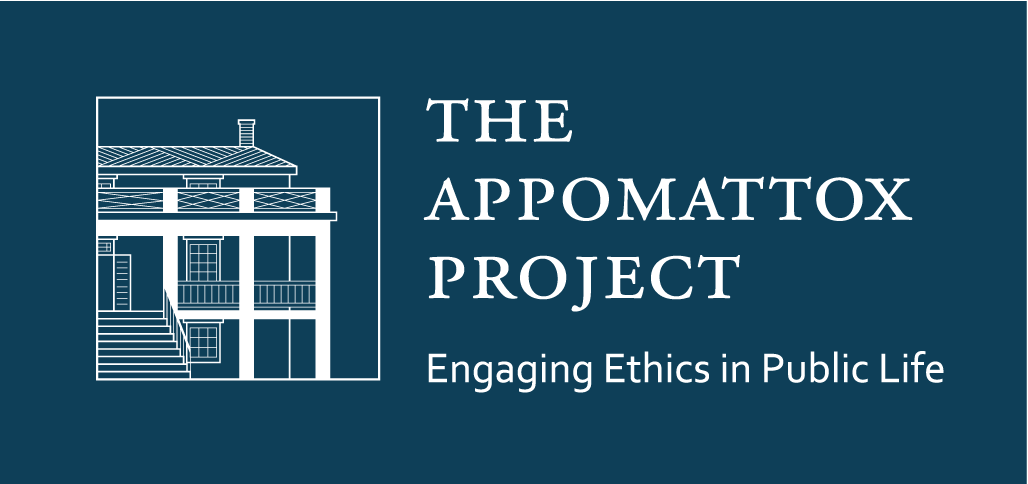
From 2017-22, UVU launched a five-year initiative designed to focus on the ethical dimensions of civic discourse and democratic society. Named the Appomattox Project, the initiative sponsored a variety of activities including workshops, public lectures, student research projects, panel discussions, and community engagement.
The Center for the Study of Ethics continues to feature events in this area under
the heading of "Ethics in Public Life."
Room for Debate is a lively exchange of ideas designed to promote healthy and productive civic dialogue. Questions are posed to a set of panelists with the aim of eliciting thoughtful, probing, and diverse responses. The series invites readers to engage challenging issues that speak to the purpose and well-being of American public life.
The Appomattox Project supports undergraduate research teams assembled to explore the ethical dimensions of current public policy debates. Students will select legislation or public initiatives to examine specifically for its ethical content and implications.
The issue of incarcerated parents is particularly pressing in the United States because it has the highest per-capita incarceration in the world. Entire communities are destabilized by the staggering number of families caught in the vicious cycle of intergenerational incarceration in the United States.
The objective of this research project was to identify the gaps that exist within the prison system and society that perpetuate intergenerational incarceration and recommend solutions that are actionable. This project was done in partnership with the Office of New Urban Mechanics (ONUM) focusing on Salt Lake City's multi-agency Operation Rio Grande